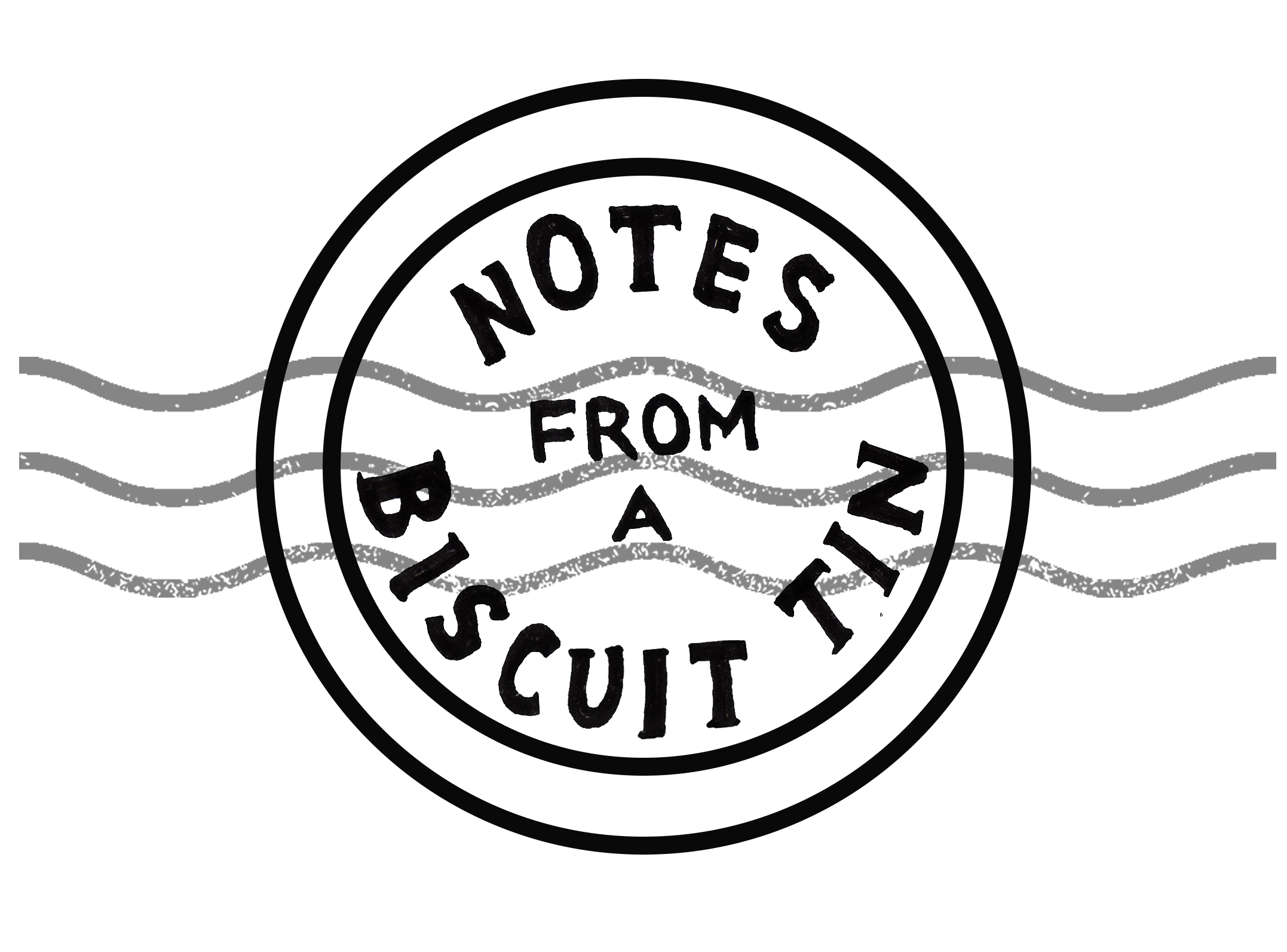An intro sentence or two about the worksheets. Clear that they are available to all, independent from the Young Poets project.
An intro sentence or two about the worksheets. Clear that they are available to all, independent from the Young Poets project.
Download the worksheets
Mary was interested in the way that our thinking can go wrong. She thought that philosophy (the kind of thinking that philosophers do) was a bit like plumbing. Download a worksheet and find out why!
Midgley strongly opposed the idea that the earth and the organisms that inhabit it comprise a bundle of bare matter that is only given value by human activity. It is this that led her to embrace Gaia theory, the idea of the earth as a living and self-sustaining organism.
Further ideas
Further ideas
Imaginative vision
Midgley argues that philosophy requires two different types of skill: painstaking, careful analysis; and imaginative vision. The second of these requires the gift of the poet. In recent times, Midgley thought that philosophy had neglected the second of these skills in favour of the first. We hope that the poems we receive will be in keeping with the project of restoring that balance. Imaginative vision, Midgley maintains, is needed to examine the networks of symbols and ‘myths’ that shape our thought.
Your poems should be inspired by an idea from Mary Midgley’s philosophy. In addition to the resources on the worksheets, you might explore the following themes:
Human nature
Midgley believed that human beings are complicated animals who can’t be summed up in terms of one thing (like reason, language, economics, sex, etc.) At the same time, we are a particular kind of animal with particular characteristics, and we are not born as blank slates that can be infinitely shaped by our environments. Among our important characteristics is that we are social interconnected beings.
You can read more about this theme on the Durham University website.
Animals
Midgley argued that nonhuman animals are not as different from us as we might think. She also thought that a lot of our mental images of animals (lazy pigs, cunning foxes, etc.) told us more about ourselves than about animals, and that if we aren’t careful, they might prevent us from thinking about animals as they actually are.
You can read more about this theme on the Durham University website.
A quote from Mary
Facts will never appear to us as brute and meaningless: they will always organise themselves into some sort of story, some drama. These dramas can indeed be dangerous. They can distort our theories… The only way in which we can control this kind of distortion is, I believe, to bring the dramas themselves out into the open, to give them our full attention, understand them better and see what part, if any, each of them ought to play in theory and in life.
(Mary Midgley, The Myths We Live By)
